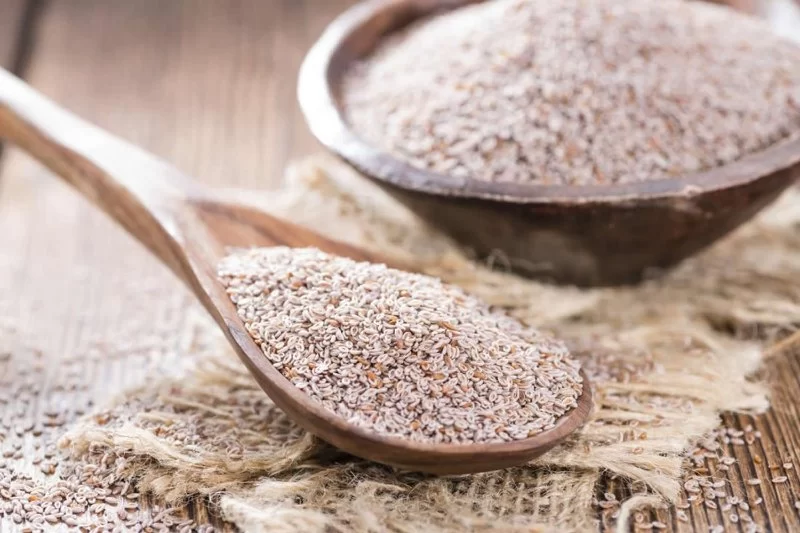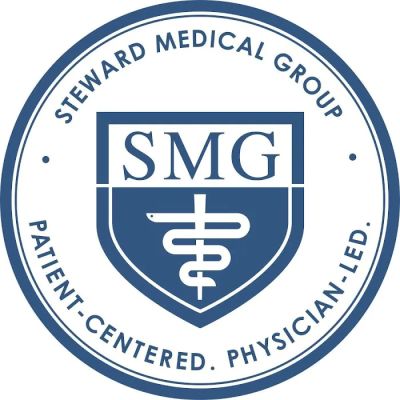- What-Is-Psyllium-Husk-and-How-Does-It-Work
- Psyllium-Husk-for-Daily-Fiber-Support
- Cholesterol-Lowering-Benefits-of-Psyllium-Husk
- Real-World-Examples-and-Patient-Stories
- How-to-Use-Psyllium-Husk-Safely-and-Effectively
- Should-You-Consider-It-as-Part-of-Your-Heart-Plan
1. What Is Psyllium Husk and How Does It Work?
Psyllium husk is a natural fiber derived from the seeds of the Plantago ovata plant. It’s most commonly known as the active ingredient in fiber supplements like Metamucil, but its potential benefits go far beyond just relieving constipation.
Once consumed, psyllium husk expands in the gut by absorbing water and forming a gel-like substance. This not only helps regulate bowel movements but also slows digestion and helps maintain healthy blood sugar and cholesterol levels.
For individuals exploring fiber-based heart health solutions, HeartCare Hub offers carefully selected psyllium husk products and support from health professionals who specialize in cardiovascular nutrition.
2. Psyllium Husk for Daily Fiber Support
According to the American Heart Association, most adults in the U.S. consume only about half the recommended daily fiber intake. Psyllium husk is a convenient way to bridge that gap, especially for people with low-fiber diets.
Soluble vs. Insoluble Fiber
Psyllium husk is rich in soluble fiber, the kind that dissolves in water to form a gel. Unlike insoluble fiber, which simply bulks up stool, soluble fiber provides more metabolic benefits—particularly in regulating blood sugar and cholesterol.
Why It Works
Soluble fiber slows the movement of food through the digestive tract. This not only increases satiety (aiding weight management) but also promotes a stable glucose response and fosters the growth of healthy gut bacteria. The gel formed by psyllium can also trap bile acids, helping remove them from the body.
3. Cholesterol-Lowering Benefits of Psyllium Husk
One of psyllium husk’s most clinically studied benefits is its ability to help reduce LDL (bad) cholesterol levels. By binding with bile acids in the intestines and promoting their excretion, psyllium forces the liver to use more cholesterol to make new bile—thereby lowering circulating cholesterol.
Clinical Evidence
A 2023 meta-analysis published in the Journal of Clinical Nutrition confirmed that a daily intake of 7–12 grams of psyllium husk significantly reduced LDL cholesterol by up to 10% in people with borderline or elevated cholesterol.
FDA Recognition
Psyllium husk is one of the few dietary fibers approved by the U.S. Food and Drug Administration (FDA) to carry a heart health claim: “Diets low in saturated fat and cholesterol that include soluble fiber from psyllium may reduce the risk of heart disease.”
4. Real-World Examples and Patient Stories
Mark, a 58-year-old contractor from Arizona, was diagnosed with borderline high cholesterol in 2022. His doctor recommended lifestyle changes—but before jumping into statins, Mark added psyllium husk to his morning smoothie. Six months later, his LDL dropped from 145 mg/dL to 128 mg/dL.
Similarly, Alice from Boston shared on a heart health forum that after menopause, she struggled with digestion and cholesterol spikes. With her cardiologist's support, she started a nightly psyllium routine. Within three months, she reported feeling more energetic and “less bloated than she’d been in years.”
At HeartCare Hub, users can connect with stories like these and access community feedback on real experiences with fiber supplements.
5. How to Use Psyllium Husk Safely and Effectively
Adding psyllium to your routine is simple, but there are best practices to maximize its benefits and avoid side effects.
Start Small
Begin with 1 teaspoon (around 5 grams) mixed in 8 ounces of water, juice, or blended into a smoothie. Gradually increase to the recommended dose over several days to allow your gut to adjust.
Hydration Is Key
Always consume plenty of water when taking psyllium husk. Without adequate fluids, it may cause bloating or, in rare cases, intestinal blockage.
Timing Matters
Take it at least 1 hour before or 2 hours after other medications or supplements. Psyllium’s binding ability may interfere with absorption.
6. Should You Consider It as Part of Your Heart Plan?
While psyllium husk isn’t a magic cure, it’s a proven, natural addition to a heart-conscious lifestyle. Its dual benefits of digestive support and cholesterol reduction make it a go-to recommendation among nutritionists and cardiologists alike.
If you’re navigating early-stage heart health concerns, or looking for gentle ways to enhance your fiber intake, psyllium husk could be a smart first step. For those already managing cholesterol with medication, it may even enhance the effects of statins when used under medical guidance.
HeartCare Hub features medically reviewed supplement guides, customer reviews, and access to fiber-based nutritional plans—all to help you make informed choices for your heart and health.





















